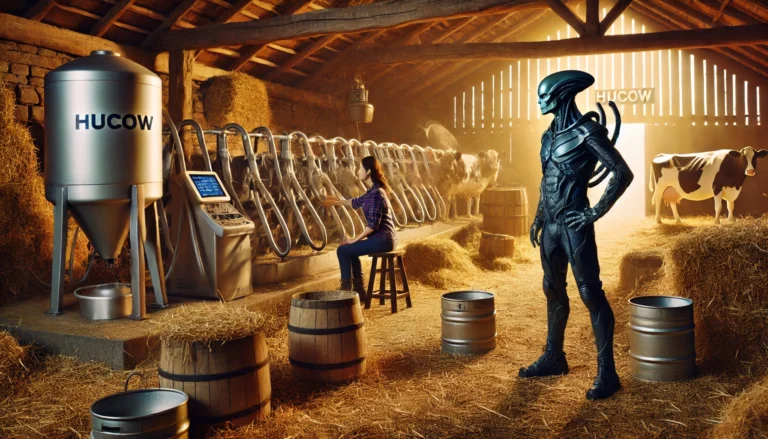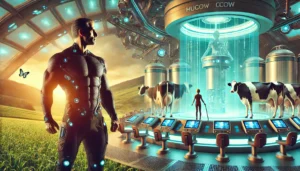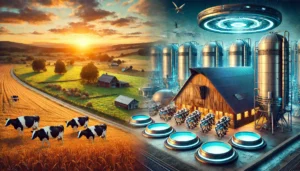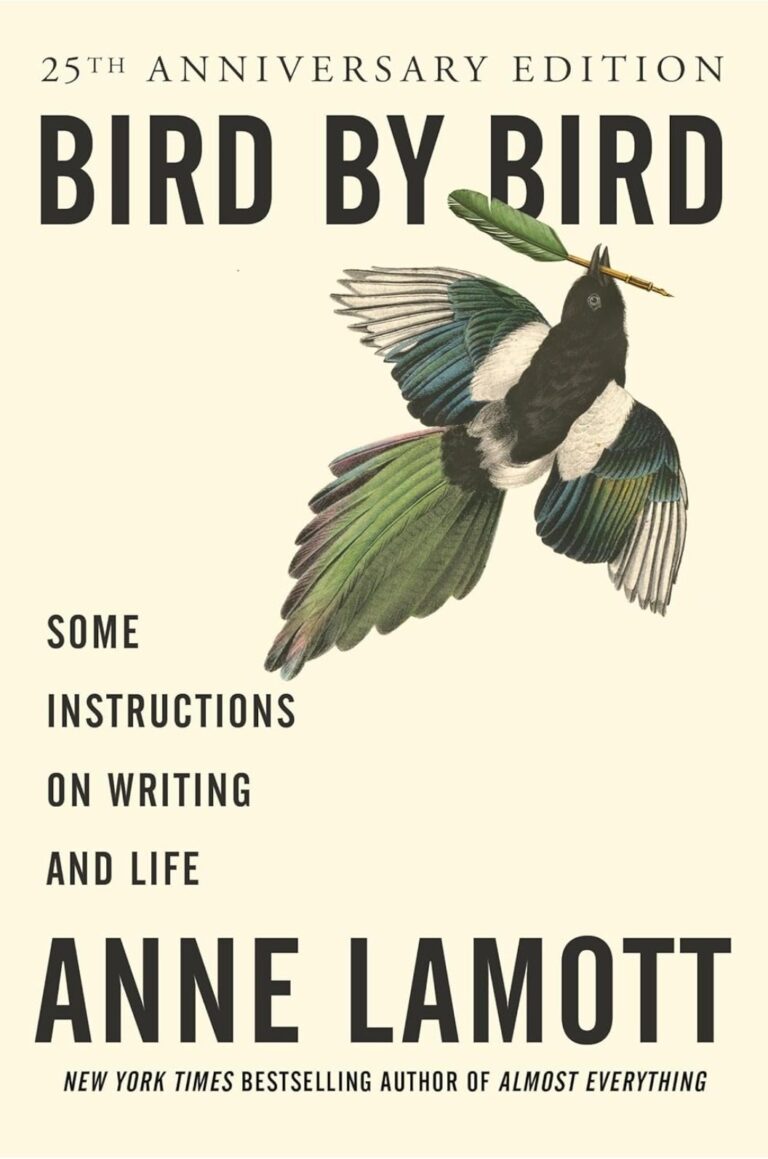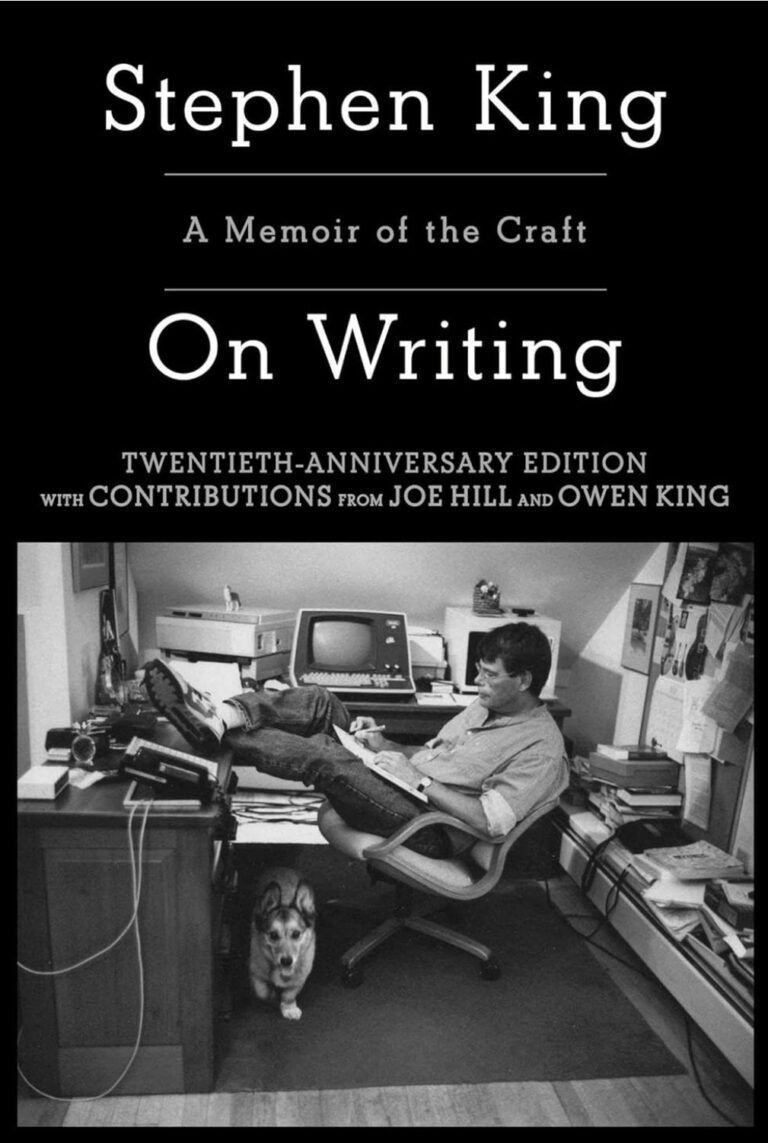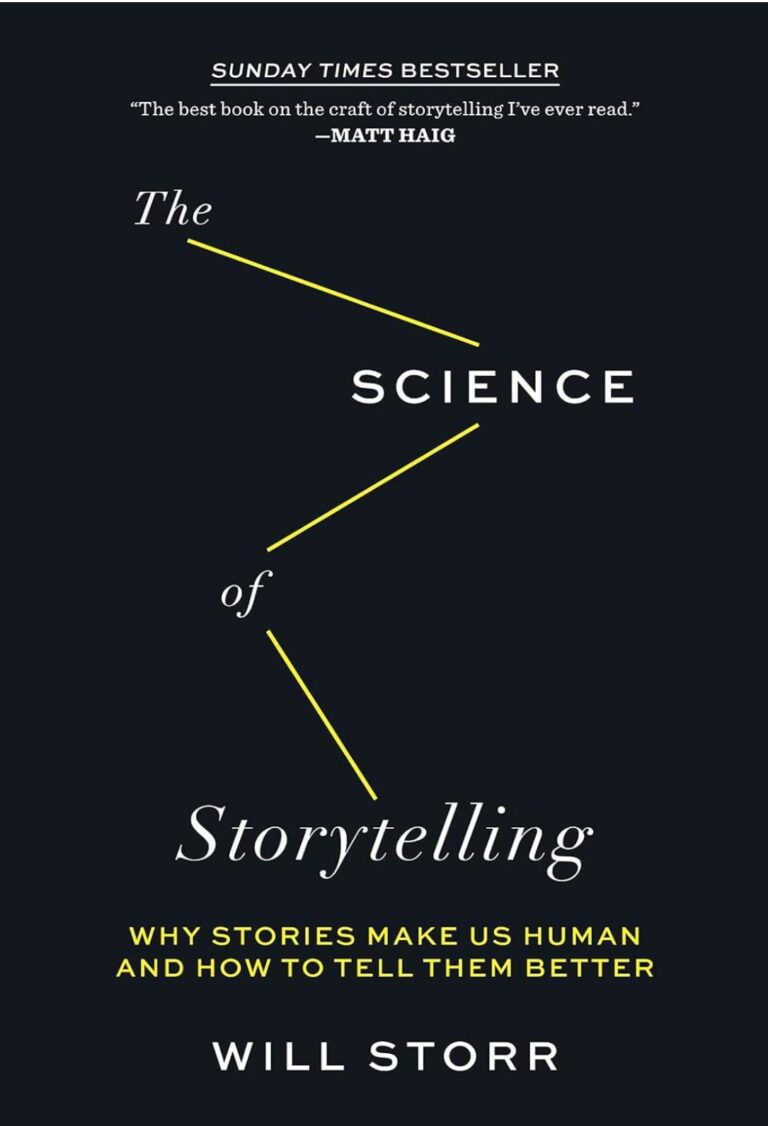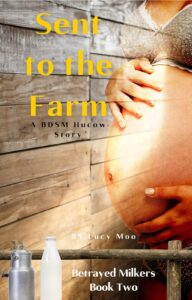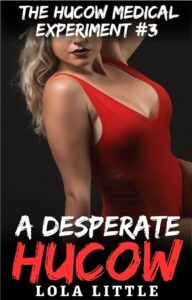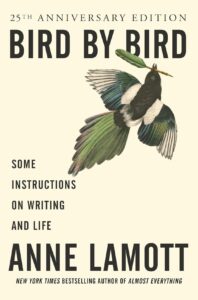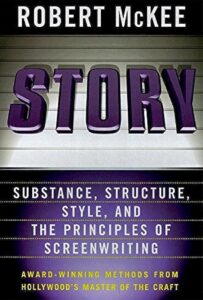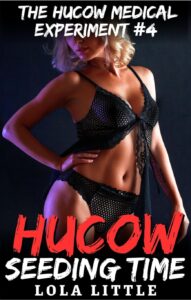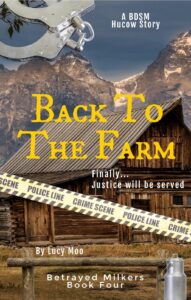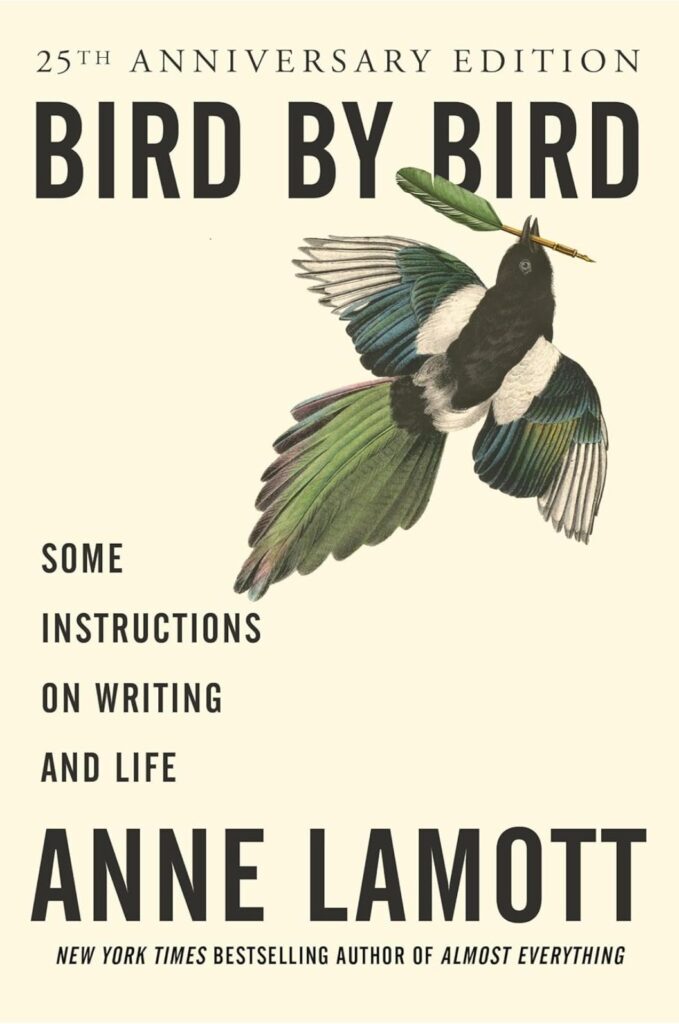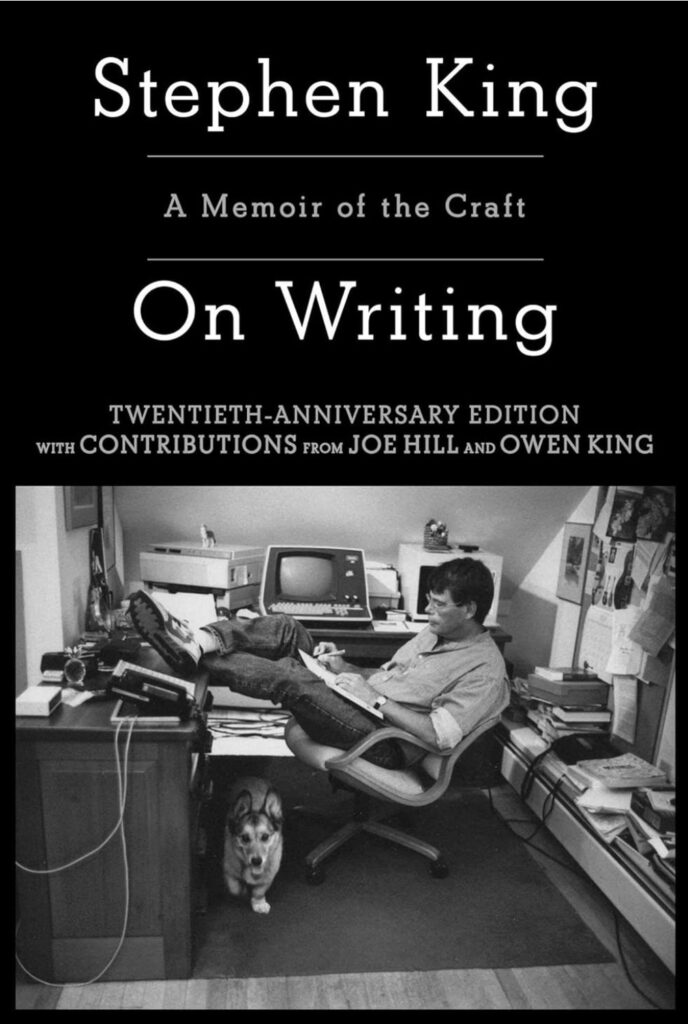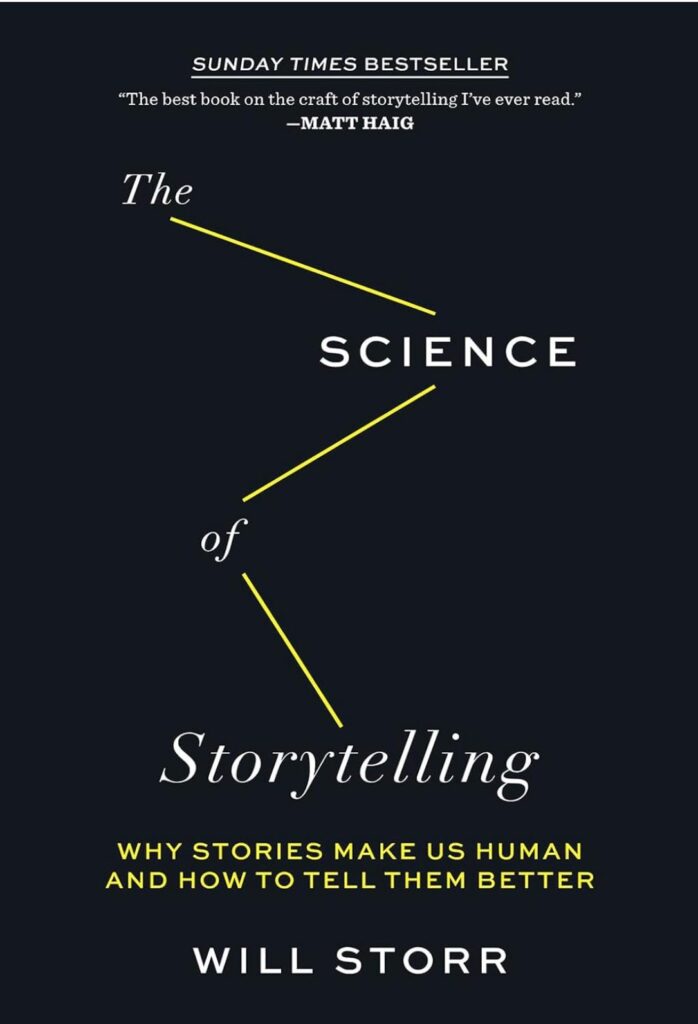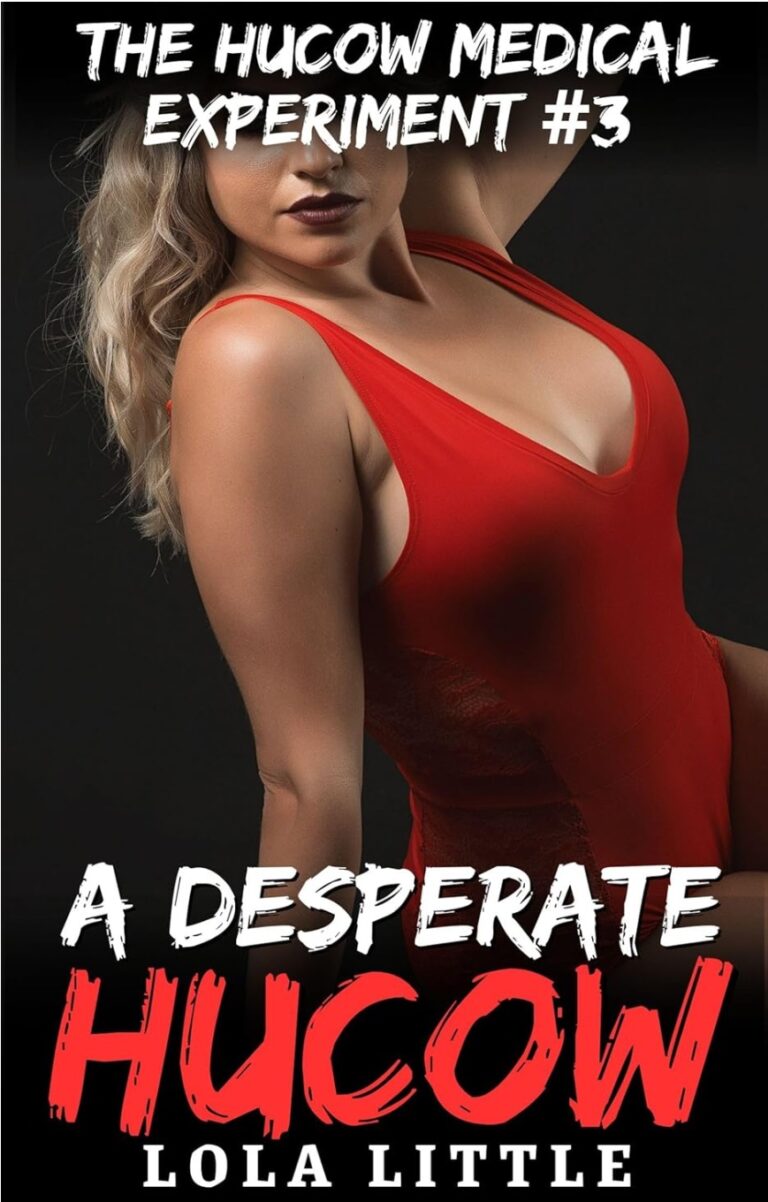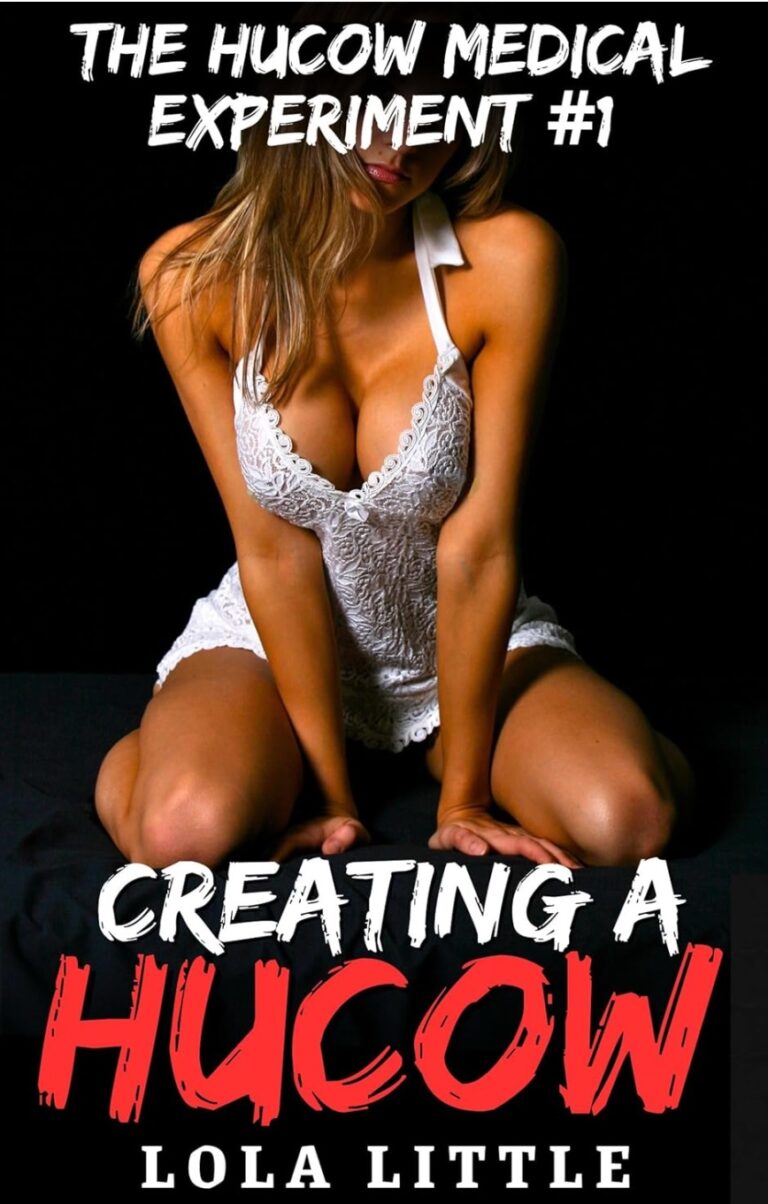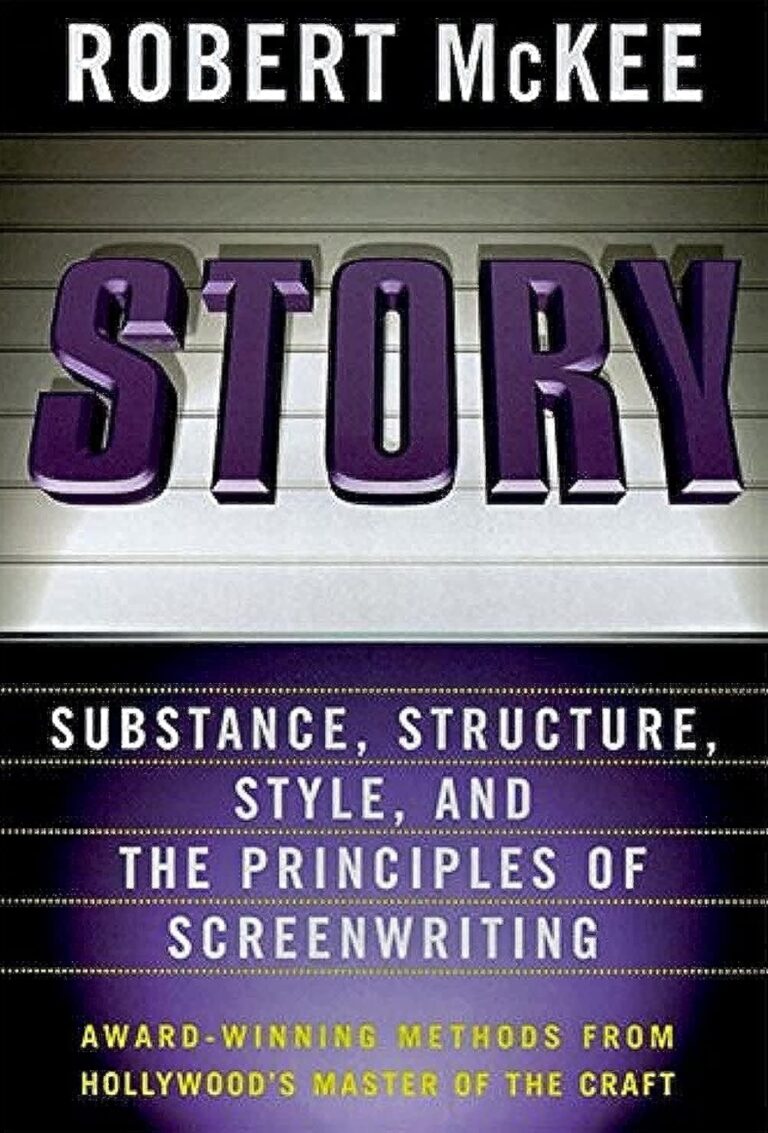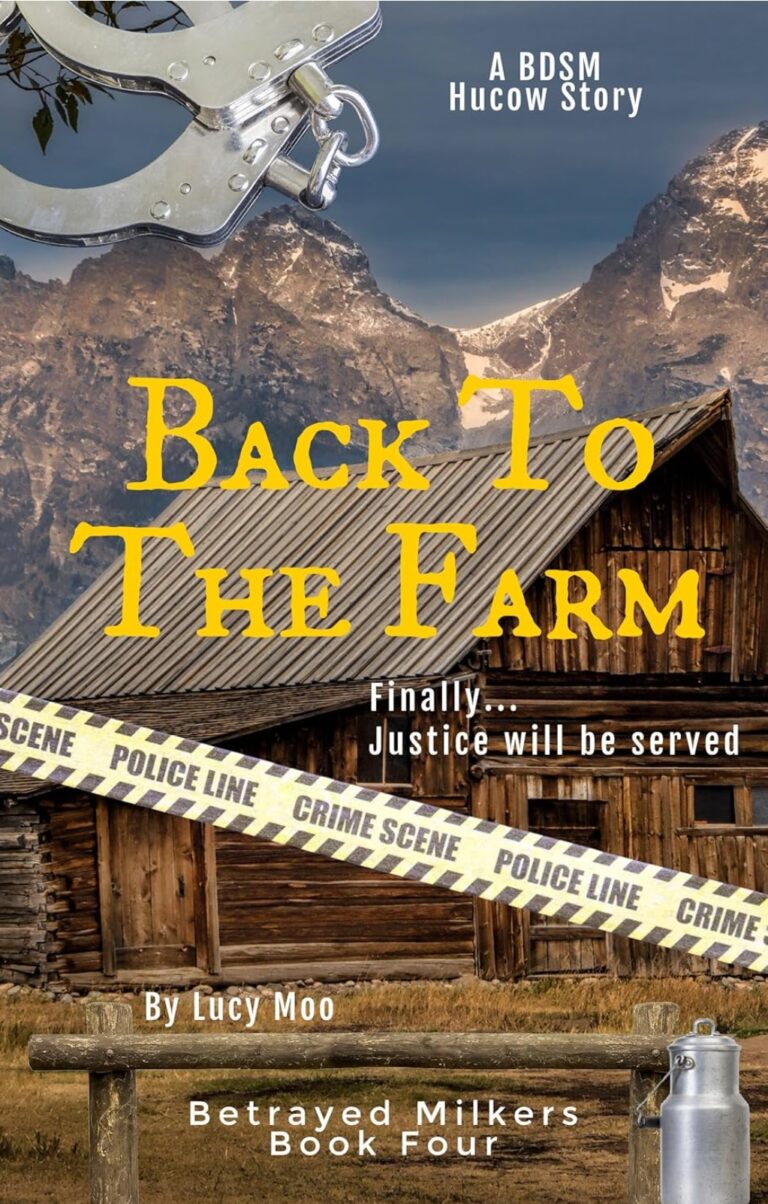When writing a Hucow story, one of the most important elements—beyond the characters themselves—is the setting. The Hucow farm is more than just a backdrop; it’s an integral part of the story.
In many ways, it acts as a character itself, influencing the plot, driving the transformation, and shaping the relationships between the alpha male and the heroine.
As Hucow writers, we get to create immersive environments where the farm plays a central role. It’s where transformation happens, power dynamics unfold, and the heroine often finds herself submitting to new desires. The farm is a living, breathing part of the story.
In this post, I’m going to show you how you can treat your farm setting as a character, giving it the life and complexity needed to elevate your Hucow tales.
Table of Contents
ToggleThe Farm as a Source of Transformation
In Hucow stories, transformation is key. The heroine’s physical and emotional changes often occur on the farm, so the setting needs to support and enhance this process. Whether the farm is a rustic, traditional barn or a sleek, futuristic facility, the farm should reflect the transformation taking place within the heroine.
The Barn as a Symbol of Change
Think about the barn or facility where the milking happens. Is it an old, wooden barn with beams weathered by time? Or is it a modern, sterile environment where every inch is spotless and controlled? The setting itself should amplify the sense of change.
For example, in a story I wrote, the heroine arrives at a dilapidated barn, full of cobwebs and dust. Over time, as she embraces her transformation, the barn starts to feel like a place of comfort, a reflection of her own acceptance of her new role. The more she becomes part of the farm, the more the setting evolves in her eyes, shifting from something intimidating to something nurturing.
In contrast, a futuristic Hucow facility might use advanced technology for transformation. The clean, sterile environment reflects the clinical nature of the change, making the heroine’s journey feel like an experiment rather than a natural process. This adds to the tension and power dynamics in the story, creating an emotional conflict as she grapples with her new reality.
Power Dynamics and Control on the Farm
The farm is often a place of power and control. Whether it’s an alpha male running the show or a team of aliens overseeing the transformation, the farm setting reinforces who holds the reins. The farm itself becomes a tool for dominance.
Creating Tension Through the Farm’s Layout
The layout of the farm can help reinforce the power dynamics in your story. Is the heroine isolated in a small barn, with no one around for miles, making her feel vulnerable? Or is she under constant watch in a high-tech facility, where every movement is monitored? These details can heighten the sense of control and submission in the story.
In one of my stories, the alpha male controls every aspect of the heroine’s life on the farm. The barn is vast and empty, except for the milking machine in the center, where she is required to submit to her new life. The emptiness of the space reflects the power imbalance between them. She has no control over the environment, and the barn’s isolation only intensifies that sense of dominance.
On the flip side, a farm with lush fields, animals, and a bustling atmosphere can create a different kind of power dynamic. Here, the alpha male might not control through isolation but rather through the sheer enormity of his domain. The farm, with its expanse and resources, becomes a symbol of his strength and his ability to provide.
The Farm as a Place of Sensuality
Hucow stories thrive on the senses, and the farm is where those sensory experiences come to life. From the sounds of milking machines humming to the feel of hay against the heroine’s skin, the farm provides the perfect backdrop for sensuality and submission.
Milking and Sensory Details
Milking scenes are central to Hucow stories, and the farm setting can make these moments even more powerful. The soft hum of the machine, the rhythmic pulling, and the earthy smells of the barn all combine to create a sensory experience that draws the reader in.
In a recent story, I focused on the sound of the milking machine to build tension. As the heroine is strapped in, the machine comes to life, filling the quiet barn with a steady, mechanical hum. The sound becomes a symbol of her submission, as she surrenders control to the process. By focusing on the sensory details, I was able to immerse the reader in the moment, making the transformation feel more intense.
In a futuristic setting, the sensory experience might be more sterile, with the cold metal of the machines contrasting against the warmth of the heroine’s skin. The clinical nature of the environment can heighten the emotional conflict, as the heroine’s body responds to the milking in ways that she didn’t expect.
Breeding and the Fertility of the Farm
Another key theme in Hucow stories is breeding, and the farm setting can play a significant role in emphasizing fertility and growth. Farms are naturally associated with cycles of life, growth, and harvest, making them the perfect setting for breeding scenes.
The Farm as a Symbol of Fertility
In many Hucow stories, the farm itself mirrors the heroine’s transformation into a fertile being. The crops growing in the fields, the animals being bred, and the rhythms of the farm all reflect the heroine’s own fertility. The farm becomes a living metaphor for the changes happening inside her.
For example, in a story I wrote, the heroine arrives at the farm during harvest season. As the crops are harvested and the fields are replanted, she undergoes her own transformation, aligning her journey with the natural cycles of the farm. The setting reinforces the theme of fertility, making her transition into a breeding Hucow feel inevitable.
In a futuristic farm, breeding might be more clinical, with high-tech machines monitoring every aspect of the process. The cold, calculated nature of the environment can create an interesting contrast with the primal, instinctual desires associated with breeding. The farm, in this case, becomes a place where the heroine’s natural urges are controlled and manipulated by technology.
The Emotional Impact of the Farm
Finally, the farm setting can have a deep emotional impact on both the characters and the reader. Whether the heroine views the farm as a place of safety or a prison, the setting shapes her emotional journey throughout the story.
The Farm as a Safe Haven or a Trap
In some stories, the farm becomes a place of refuge, where the heroine learns to embrace her new role. The setting provides comfort and security, allowing her to explore her transformation without fear. The barn becomes a sanctuary, and the sounds of the farm—whether the lowing of cows or the hum of machines—bring a sense of peace.
In other stories, the farm is more of a prison, where the heroine is trapped and forced to submit to the alpha male’s control. The walls of the barn feel like they’re closing in, and the machines represent her loss of freedom. In these cases, the farm setting heightens the tension and conflict, making her eventual submission all the more powerful.
The Alpha Male’s Role in Shaping the Farm
The alpha male’s presence also plays a big part in how the heroine experiences the farm. If he’s protective and nurturing, the farm might feel like a safe space where the heroine can grow and transform. If he’s more dominant and controlling, the farm might feel like a place of submission, where the heroine is expected to obey and conform.
In one of my stories, the heroine initially resents the farm, seeing it as a place of confinement. But as she begins to trust the alpha male, the farm starts to feel like home. The barn, once intimidating, becomes a place of comfort, where she can explore her desires in safety. This shift in how she experiences the farm mirrors her emotional journey and deepens the connection between her and the alpha.
Conclusion: Let the Farm Shape Your Story
When writing Hucow stories, don’t just think of the farm as a setting—treat it as a character that influences everything around it. Whether it’s a rustic barn or a futuristic facility, the farm has the power to shape the plot, deepen power dynamics, and heighten the emotional stakes of your story.
By using the farm to amplify transformation, control, sensuality, and emotional growth, you can create a richer, more immersive world that your readers will love.
So the next time you sit down to write, ask yourself: How is the farm shaping my characters and my plot? Let the farm breathe life into your story, and watch how it transforms both your heroine and your readers.
References and More Information
Below are a few sources where you can read more information related to themes in blog post. I have used some of these as references both for this post and in my own writing:
The Importance of Setting in Fiction by MasterClass
This guide explores how setting plays a key role in storytelling, providing insight into how environments can influence character development and plot.Creating a Sense of Place by Now Novel
This article provides tips on how to craft vivid settings that feel like integral parts of the story, similar to how a Hucow farm shapes the plot.Writing Immersive Settings by Writers Helping Writers
This post discusses how to create settings that actively engage readers and become more than just background, offering techniques that can be used to turn a farm into a “character.”How Setting Shapes Characters by The Write Practice
This resource highlights how setting affects characters’ actions and growth, which can be useful when thinking about how the Hucow farm influences the heroine’s transformation.

